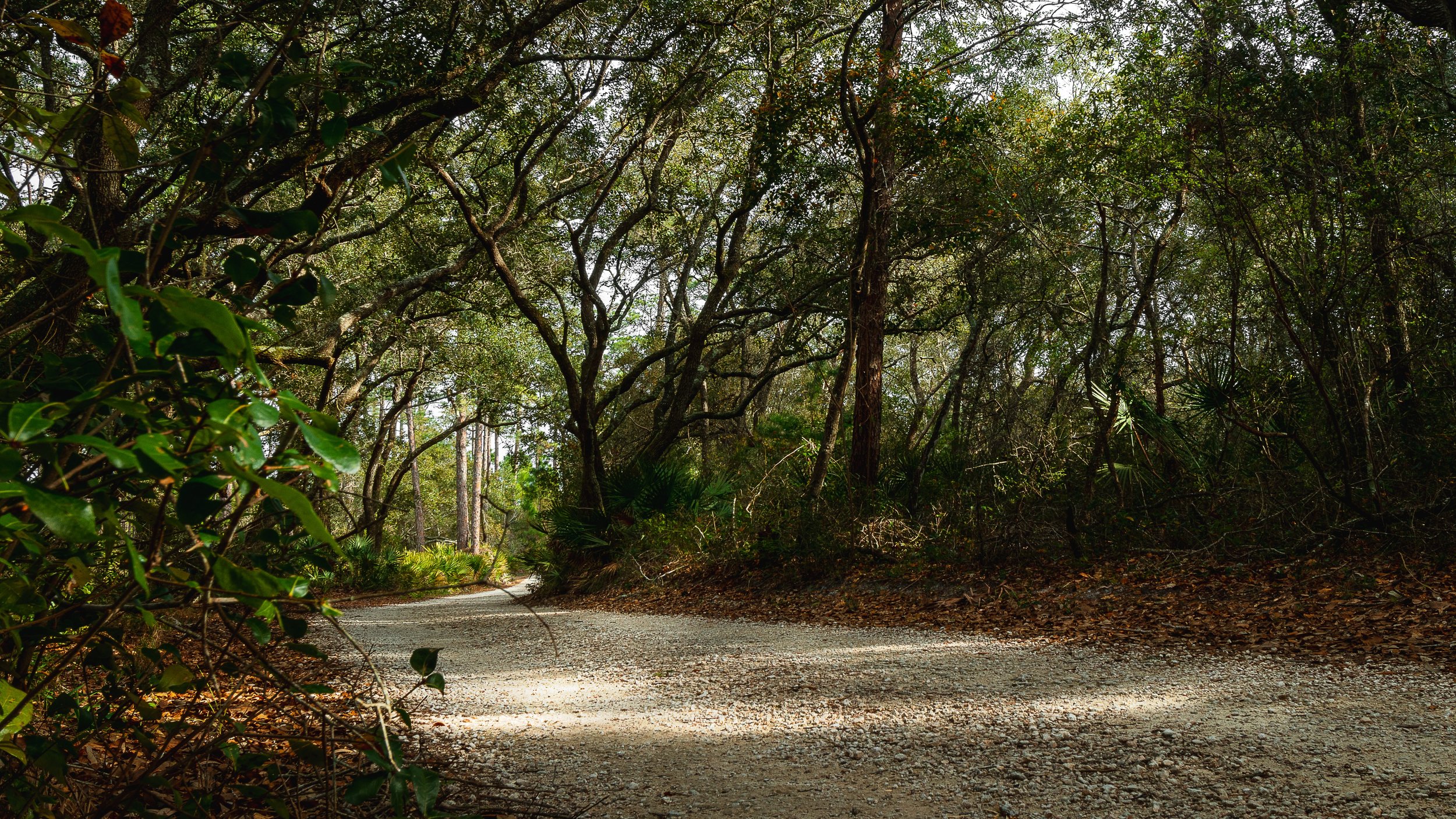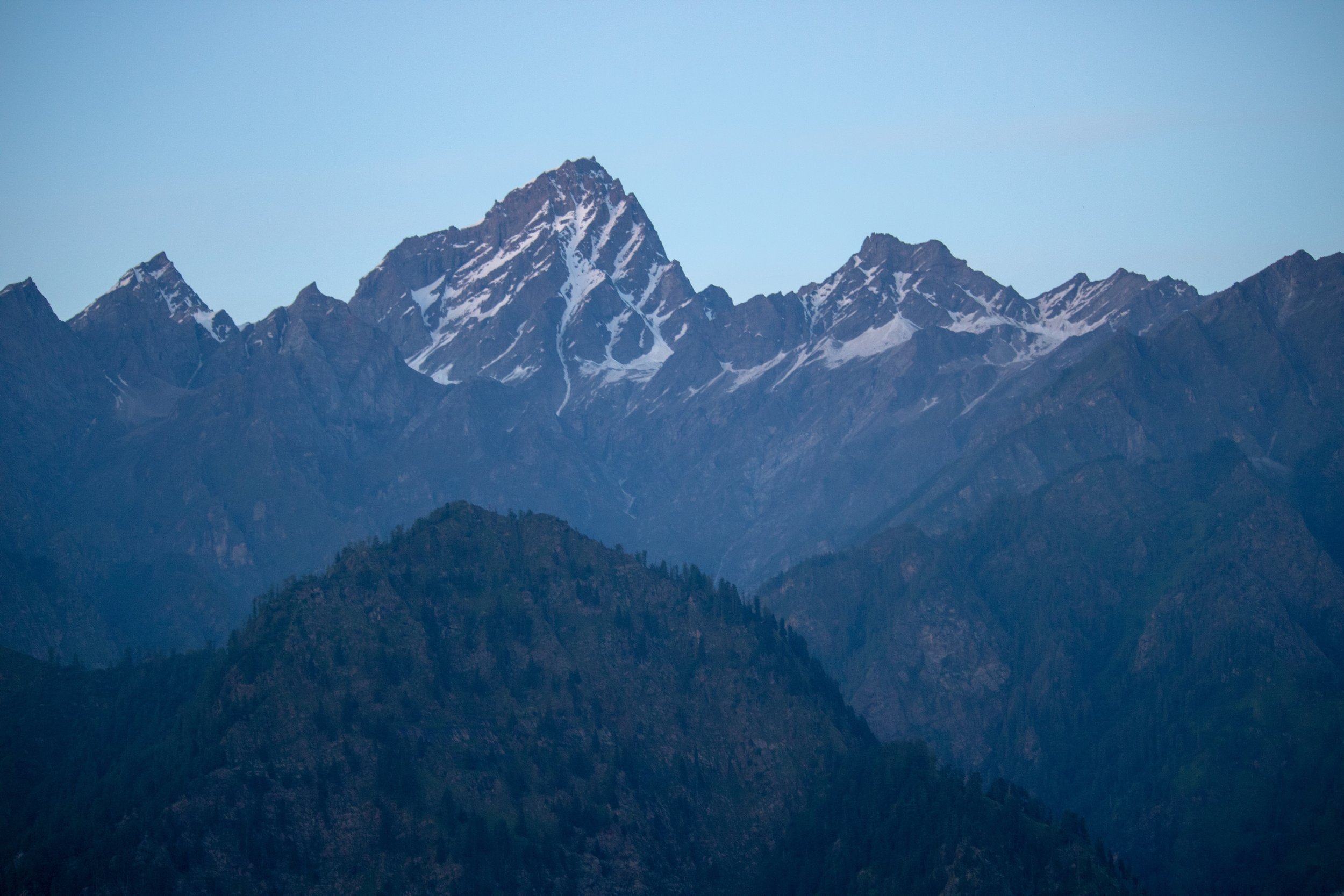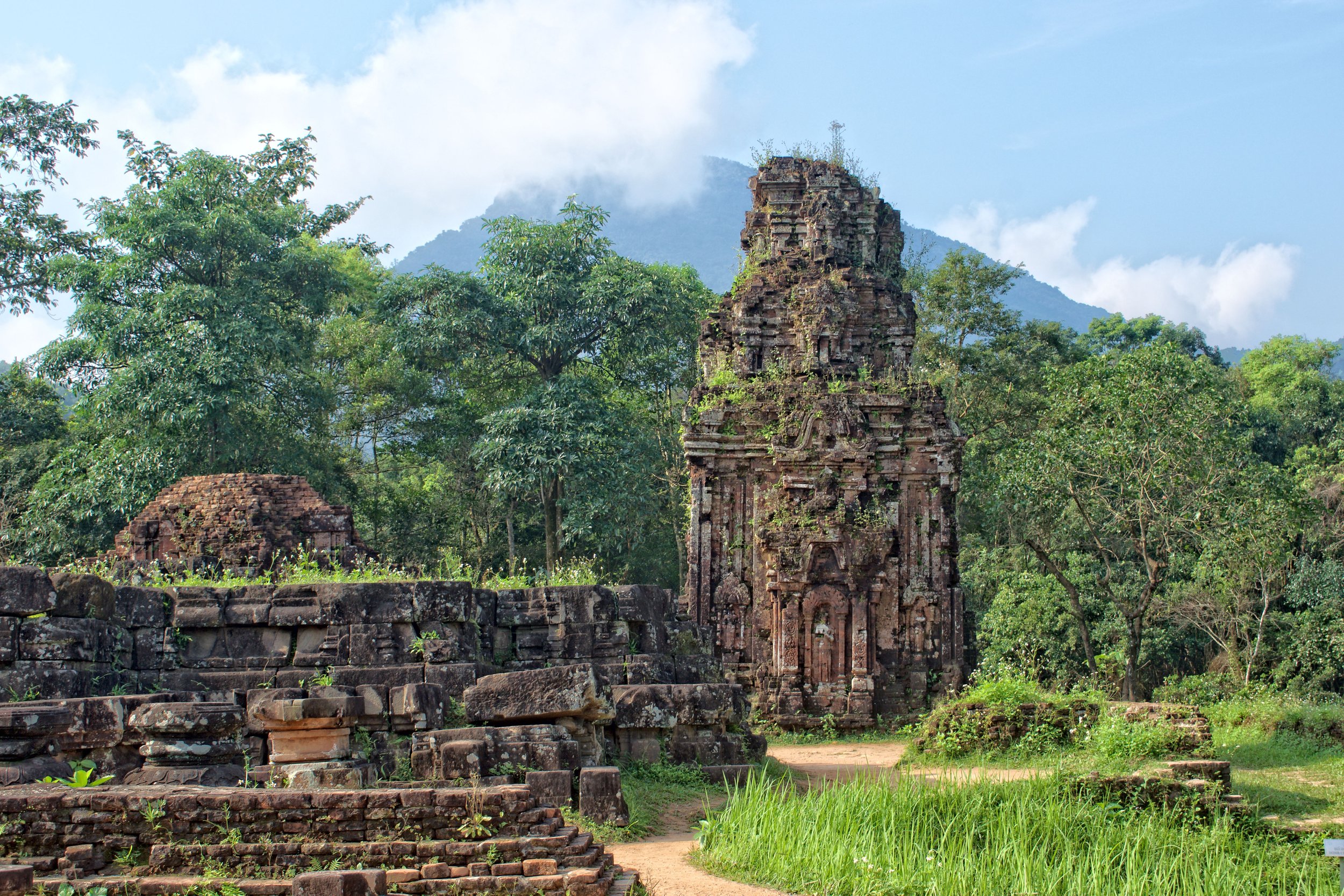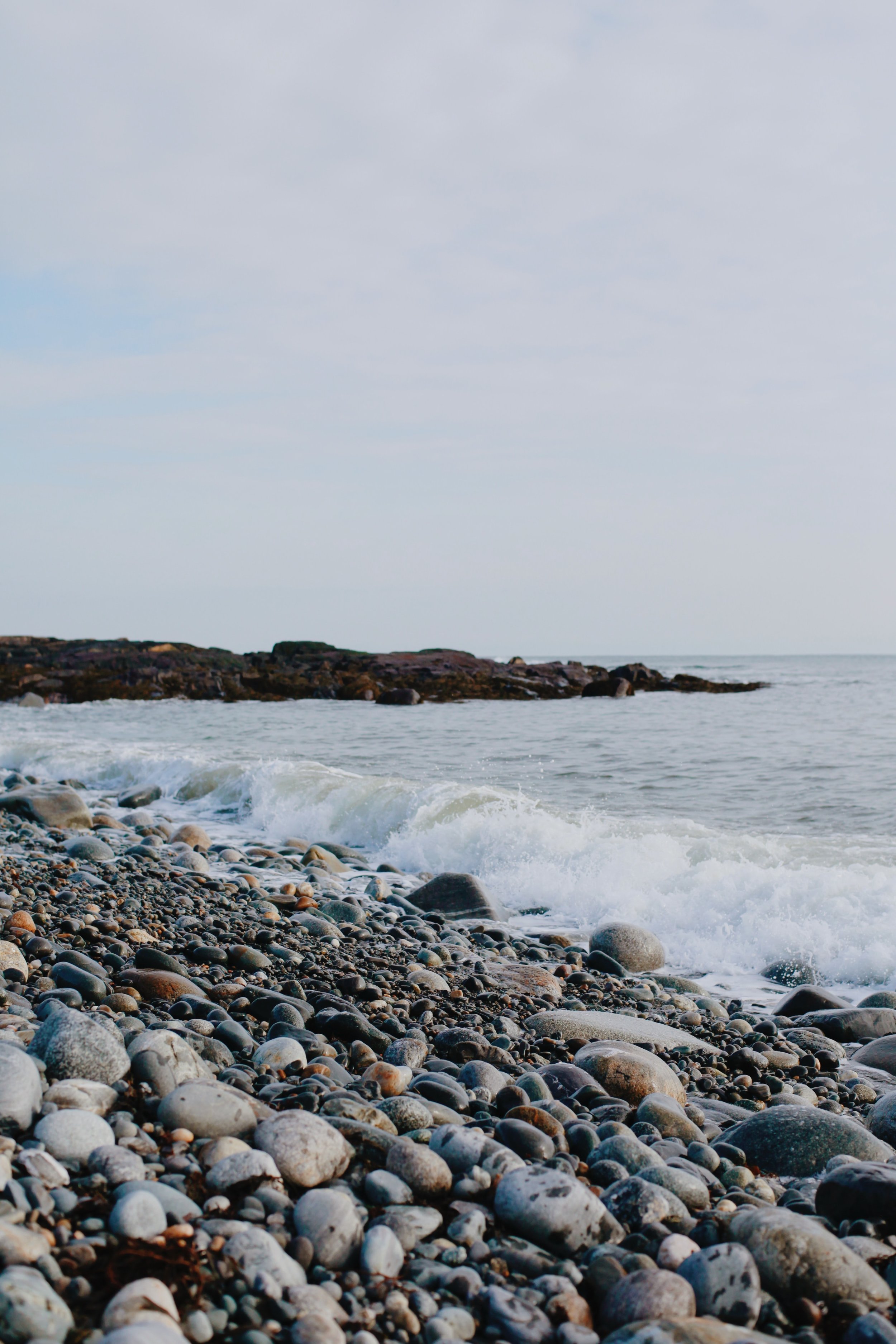
ABOUT THE AUTHOR
Carleton Schade
Carleton Schade is an author and educator based on the East End of Long Island, New York. He has recently finished his book Dieback: The Science and Soul of the Great 21st Century Famine, and continues researching, writing, and speaking on the moral implications of environmental destruction and human suffering.
MY STORY
Childhood Adventures: A World Untouched
I grew up on the outskirts of a small town in Alabama, immersed in the treasures of an unspoiled world. Subtropical summers carried the electric rasp of cicadas, while forests stretched unbroken from my street. These woods were my sanctuary—alive with discovery. Fossilized shark teeth gleamed from clay walls, streams twisted through shadows, and ponds glimmered with the work of beavers. We climbed trees during hurricanes to feel their power whip us back and forth.
But these treasures no longer exist. The forests that shaped my childhood have since been replaced by strip malls and housing developments. What was once a haven for life now stands as a reminder of how human progress often comes at the cost of nature’s beauty.
A Love for Civilization: The Cornucopia
At Florida State University, I discovered the boundless potential of human thought and achievement. Civilization, with its libraries, laboratories, and cultures, seemed an endless cornucopia of knowledge. Yet as I learned more, I began to see its darker side. The very progress that built our cities, our science, and our art has also fueled deforestation, pollution, and overconsumption.
The question began to haunt me: Can we reconcile our ingenuity with the fragility of the natural world? This paradox lies at the heart of my mission today—understanding how we can balance “progress” with sustainability.
The Awakening: A Journey Through Asia
Traveling through Asia with my wife, I saw the beauty and suffering of humanity firsthand. In India’s villages and Nepal’s mountains, I witnessed civilizations built on millennia of wisdom but scarred by deforestation, hunger, and disease. These experiences made the paradox of human existence clear: our unparalleled creativity and resilience coexist with destruction and exploitation.
With every interaction, I saw more clearly how interconnected our challenges are. Overpopulation, hunger, environmental destruction—all of these issues are part of a single, fragile web that ties humanity to the Earth. The solutions, too, must come from this understanding of interconnectedness.
The Call to Action: Building a Sustainable Civilization
Our planet’s challenges—climate crises, overpopulation, and environmental destruction—are daunting but not insurmountable. By reconnecting with nature, embracing sustainable solutions, and listening to the wisdom of diverse cultures, we can create a future that balances human ingenuity with ecological harmony.
This website and my books aim to explore these ideas further. They are invitations to confront the paradox of our species: our boundless creativity and our capacity for destruction. Easy solutions won’t suffice. Together, we must embrace the difficult work of change.
What can you do? Start small. Reimagine your relationship with the environment. Challenge outdated paradigms. Act boldly—whether in your community, your workplace, or on the global stage.
Take action today. Subscribe for updates, explore my upcoming book, and join the movement toward a sustainable civilization. Let’s build a better world together.
MY STORY, A MORE LYRICAL VERSION
I have been one of Earth’s lucky children, never really knowing hunger, my world blessed by the miracle of Nature and the magic of Civilization. I grew up on the outskirts of a small town in Alabama, a few miles east of Fort Rucker, the world’s largest heliport. The subtropical summers were long and steamy, the air filled with the electric rasp of cicadas and the smell of honey suckle. And always overhead, somewhere in the sun-seared white sky was the far off blatt-blatt-blatt of an army helicopter. At either end, my street abutted forests that stretched for miles unbroken. Every day of my childhood I ran away from home towards new adventures. I spent the days walking with friends through the thickness of these forests; discovering streams; digging fossilized shark teeth that gleamed from the clay walls of gorges and road cuts, imagining that where we now tread had been under oceans millions of years before; fording ponds made by the work of beavers; sometimes coming onto fields of peanuts or cotton or open pastures that rolled to the horizon, cows munching in the shade, while we witnessed magic mushrooms popping from the patties during a sun shower.
“We ran from rattlesnakes the size of pythons…”
We ran from rattlesnakes the size of pythons; spied the water moccasins slithering at the edge of catfish ponds, flicking their split tongues; felt the fire of a nest of yellow jackets attacking our legs and bodies. We came onto vistas where the invasive kudzu vine covered the trees like a vast green gown. We climbed high into the sweet gum trees during storms and hurricanes to feel their power whip us back and forth. We jumped off bridges into muddy rivers; slid down the tan clay banks of abandoned bauxite mines into lakes sky blue and bottomless.
These treasures of my childhood no longer exist intact, by the way, as they have since been cut up for housing developments, golf courses, and strip malls.
Later, I became a Boy Scout, earned merit badges, attained the rank of Eagle, and was inducted into the Order of the Arrow. Mostly, however, I just liked to camp, to spend the days and nights in nature’s embrace. When our new scoutmaster gave my friend and I control of the troop, we banned uniforms (too goofy) and scheduled lots of campouts, hikes, canoe trips, and camporees (because our parents willingly funded our old-fashioned fun).
Afterward, however, I always returned to the comforts of Civilization. With my family, I ate the evening meal made mostly of products canned, boxed, and frozen. We watched television and went to sleep on soft beds and nylon sheets.
One day, for a high school writing assignment I picked up a Time magazine that was lying around the house. There was an article about the population explosion.
“World population at that time, in 1974, had climbed to four billion, and a quarter of those people were hungry.”
World population at that time, in 1974, had climbed to four billion, and a quarter of those people were hungry. Paul Ehrlich’s predictions of famine were still reverberating in the media. I forget what score I received on that paper. I cited only one source. I did it last minute. However, the images of hunger, poverty, and population must have seeped into my unconscious.
Twenty years later my wife and I traveled for over a year through Asia, as tourists, then as travelers, who, according to Paul Bowles in the Sheltering Sky, belong “no more to one place than to the next,” and do not accept their “own civilization without question.” We eventually abandoned itinerary and expectations, and, guided by some internal compass, wound our way through India where we felt the press of human numbers, the depth, beauty, and nature’s negation from four thousand years of unbroken civilization, and the daily weight of physical suffering—from hunger and disease, most directly.
With eyes and hearts and minds wide open, the differences of civilizations began to pale in comparison to their root similarities. Sure, there was endless variety in everything from food to philosophy, but when we sat to eat, lay down to sleep, bartered and paid—whether in Kerala’s backwaters or in the Himalayan foothills of Nepal, the jungles in Vietnam, the mountain valleys in Ladakh, or along the Burmese plains, there was an easy familiarity everywhere we ventured, in the common culture of farming, of Civilization with a capital “C”.
“It was my daughter’s home birth in our little Brooklyn apartment that was perhaps my greatest spiritual experience…”
New York City was my home for over twenty years, a wholly human environment that I loved, where people, like millions of diamonds in the rough, constantly rub against each other, polished until they sparkle like the stars. And although I have practiced various forms of meditation and Yoga for twenty years, it was my daughter’s home birth in our little Brooklyn apartment that was perhaps my greatest spiritual experience, a satori moment, when the infinite and present merged, when unfathomable creation and unconditional love fused with my wife’s pain and then a hemorrhage that just a century ago would have meant her death.
I fell in love with Civilization during the five full years it took me to graduate at Florida State University. I could not decide on a major. Everything interested me. I took classes in nearly every discipline and was awed by the depth and breadth of the human mind, of culture, and of Civilization’s cornucopia. As my worldview emerged, I resolved to read and otherwise learn perspectives that countered my own. This is a practice I have continued to this day, for I have found that truth—as much as we can discern this elusive ideal—always serves our larger interests. Although new information has required me to either modify some of my cherished beliefs or even surrender them completely, the benefit has been a worldview with greater integrity, more explanatory power, and a more peaceful existence. I grew up a Roman Catholic, for example, became an agnostic in my freshman year of college, and then slowly through the decades developed--mostly due to various yoga practices and Vipassana meditation--a view of existence that is not dissimilar from pantheism. Intellectually, I have been recently re-evaluating my love for Civilization and long-held acceptance of the evolution of consciousness, after having read (the admittedly pretentiously titled) The Dawn of Everything: A New History of Humanity, by David Graeber and David Wengrow
I eventually chose the field of geology, did my Masters thesis on the formation of St. George Island in Florida’s panhandle, and then eventually began that slog towards a PhD at NYU because its Applied Science department was filled with academic luminaries, Michael Rampino among them. He was a paragon of teachers, waving me into his office at any hour of the day or night to discuss for hours on end the wonders of the planet we now inhabited. In those hallowed halls, cutting edge research and sophisticated mathematical models were exploring energy alternatives, supervolcanoes, bolide impacts, global warming, the Gaia hypothesis, and I don’t remember what all else. I left, however, because being 1992, just a few years before the revolution of the civilian internet, I spent much of my time in the library stacks, where information was hard-won and devoid of nature and other people. Then, the coup de grace came one day when a colleague bounced into class excited about a book he had just found that was filled with mathematical equations. The math did nothing for me. I was stunned by the contrast, as if I had been hit in the head by an oar. When I came to, I realized I wanted to live as passionately as that student, whoever he was, I don’t remember even what he looked like, much less his name, thank you nevertheless dear man. I left at the end of the year to follow my own passions, to write, to research an eclectic array of topics, and to teach.
In retrospect, I have spent most of my life studying the human relationship with Nature, with the cosmos, Earth, Life, society, and the individual, and teaching what I understand about this relationship to thousands of thoughtful and optimistic students in New York City and in my adopted home on the East End of Long Island. And whether they were poor, rich, or somewhere in between, Puerto Rican, Chinese, American, black or white, Jew, Muslim, gay, geek, stoner, goody-two-shoes, or of whatever other possible designation, these young people have softened my heart to mush with how loving and lovable they have been. Through them and in my yearlong travels with my wife through Asia, I have learned the profound depth, creativity, and beauty of the human soul; and in my travels and from my research I have learned how synchronously destructive we have been to ourselves and to all of nature.
“This website and the books I am finishing have been designed to help the young generations and mine explore this paradox of our species. By honestly facing the futility of the easy solutions thus far offered by pundits and leaders, I hope to engage us in the difficult work ahead.”
This website and the books I am finishing have been designed to help the young generations and mine explore this paradox of our species. By honestly facing the futility of the easy solutions thus far offered by pundits and leaders, I hope to engage us in the difficult work ahead.

